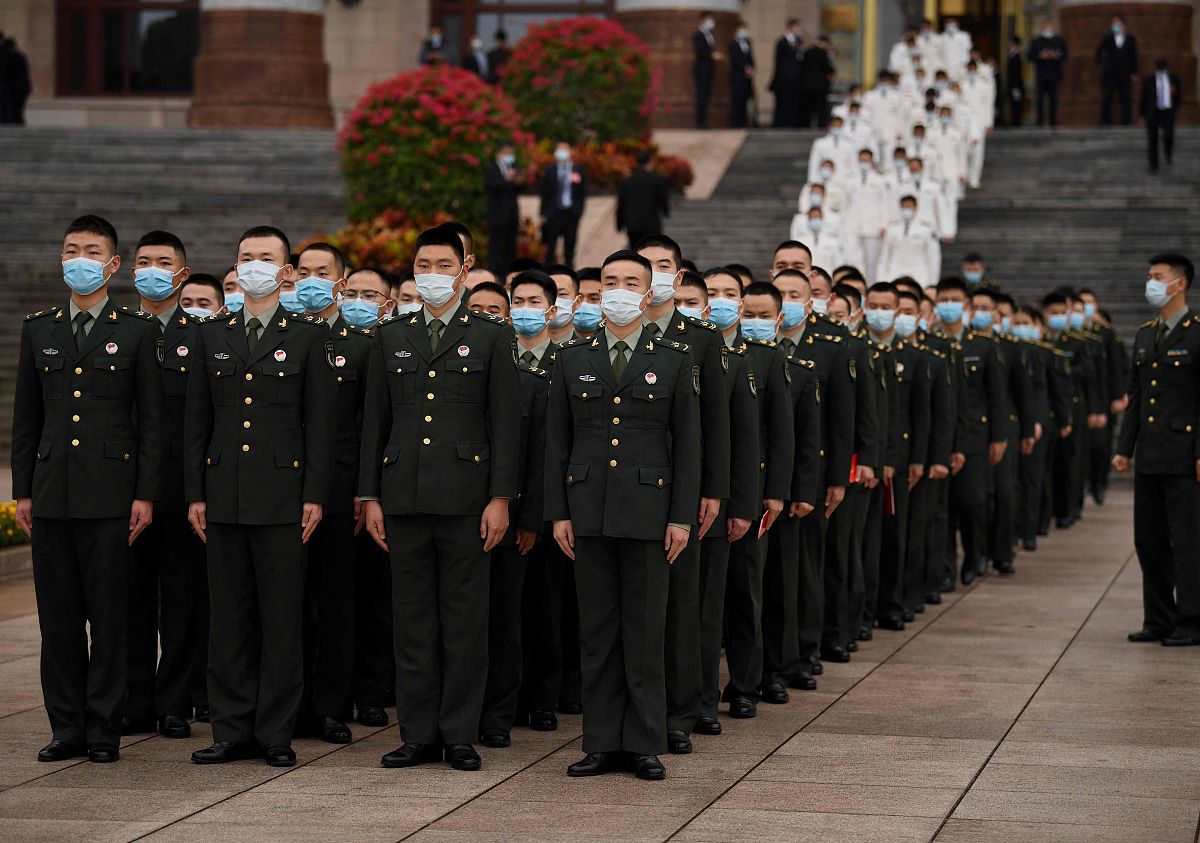China History: A Timeline of Key Events and Dynasties
China boasts a rich and ancient history spanning over 5,000 years. Here's a glimpse into some key periods and events that have shaped this remarkable civilization:
-
Ancient China (c. 2100 BCE - 221 BCE): This period witnessed the rise and fall of several dynasties, including the Xia, Shang, Zhou, and Qin dynasties. It was during this time that Chinese civilization developed writing, bronze casting, and Confucianism.
-
Imperial China (221 BCE - 1912 CE): The Qin Dynasty, which unified China under Emperor Qin Shi Huang, marked the beginning of imperial rule. This period saw the rise and fall of various dynasties, such as the Han, Tang, Song, Ming, and Qing dynasties. Imperial China witnessed significant developments in arts, literature, science, and technology, including the invention of paper, gunpowder, and the compass.
-
The Silk Road: From around the 2nd century BCE to the 14th century CE, China played a crucial role in the Silk Road trade network. This ancient trade route connected China with the Middle East, Central Asia, and Europe, facilitating the exchange of goods, ideas, and cultures.
-
Mongol Rule (1271-1368): The Mongols, led by Genghis Khan and his successors, established the Yuan Dynasty in China. Mongol rule brought significant changes to Chinese society, including the adoption of Mongol customs and the introduction of new technologies and ideas.
-
Ming Dynasty (1368-1644): Founded by Emperor Zhu Yuanzhang, the Ming Dynasty is renowned for its cultural and technological achievements. This period saw the construction of the Great Wall, the completion of the Forbidden City in Beijing, and the voyages of Zheng He, a Chinese admiral who explored the Indian Ocean.
-
Qing Dynasty (1644-1912): The last imperial dynasty of China, the Qing Dynasty, was founded by the Manchus, a non-Chinese ethnic group. This period witnessed both territorial expansion and internal conflicts, including the Opium Wars with Western powers.
-
Modern China (1912-present): The Xinhai Revolution in 1911 overthrew the Qing Dynasty and led to the establishment of the Republic of China. However, China experienced political turmoil, including the Chinese Civil War (1945-1949), which resulted in the Communist Party of China under Mao Zedong coming to power. The People's Republic of China was established in 1949, and since then, China has undergone significant economic reforms and emerged as a global power.
This is just a brief overview of China's extensive history, and there are many more events and periods that have shaped the country's development.

原文地址: https://www.cveoy.top/t/topic/paV2 著作权归作者所有。请勿转载和采集!